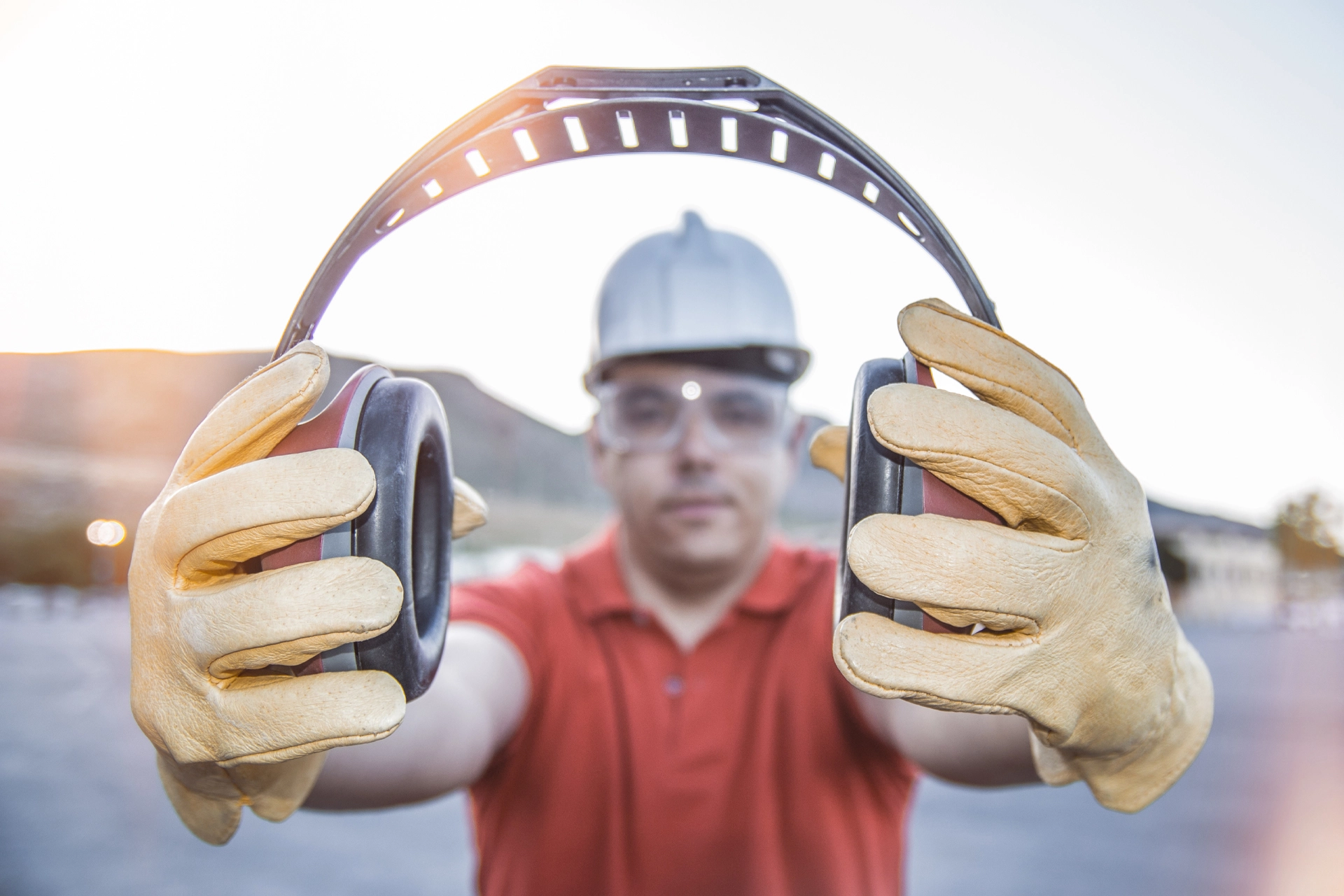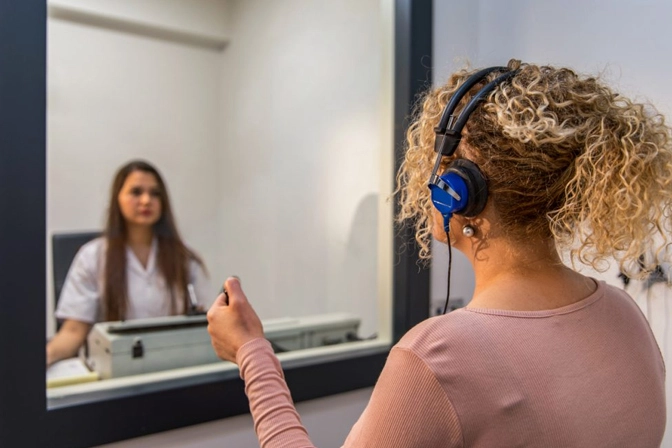Industrial Hearing Screening
Need help?
Need help with your hearing? We offer comprehensive hearing services to improve your quality of life.
+8801858 200 300

Industrial Hearing Screening
Industrial Hearing Screening is a vital service designed to protect and maintain the hearing health of workers exposed to high levels of noise in industrial settings. This proactive approach aims to detect early signs of hearing loss, enabling timely intervention and preventive measures. Conducted by trained professionals, the screening involves a series of tests that assess the individual's hearing sensitivity and ability to perceive different frequencies.
Protecting Hearing, Preserving Productivity: Industrial Hearing Screening for Safer Workplaces.
The results provide valuable insights into the employee's auditory health and help employers implement effective noise control measures and personal protective equipment (PPE). By prioritizing industrial hearing screening, companies demonstrate their commitment to occupational safety and health, ensuring a safer and more productive work environment for their employees. Regular screenings not only safeguard workers' hearing but also contribute to reducing healthcare costs associated with hearing-related conditions.

Our benefits
Our benefits include early detection of hearing loss, expert screenings, improved occupational safety, reduced healthcare costs, and a more productive work environment. Prioritize your workers’ hearing health with us.
What is Industrial Hearing Screening?
Industrial Hearing Screening is a specialized service that involves conducting tests to assess and monitor the hearing health of individuals exposed to high levels of noise in industrial environments. These screenings aim to detect early signs of hearing loss, enabling timely intervention and preventive measures to protect workers' auditory health.
Why is it important?
Industrial Hearing Screening is important because it helps identify early signs of hearing loss among workers exposed to high noise levels. Early detection allows for timely intervention, preventing further damage and potential long-term hearing impairments. Additionally, maintaining workers' hearing health contributes to a safer and more productive work environment, reduces the risk of workplace accidents, and can lead to lower healthcare costs related to hearing-related conditions. Prioritizing hearing screenings demonstrates a commitment to occupational safety and the well-being of employees.
Who should get screened?
Anyone working in industrial settings or environments where they are regularly exposed to high levels of noise should get screened. This includes factory workers, construction workers, airport ground staff, and others in industries with loud machinery or equipment. Additionally, individuals with a history of noise exposure or those who experience symptoms like ringing in the ears, difficulty hearing conversations, or asking others to speak louder may also benefit from industrial hearing screening. Regular screenings are recommended to monitor and protect the hearing health of these individuals, regardless of whether they currently experience hearing issues.
How often should screenings occur?
The frequency of screenings can vary based on regulatory requirements, industry standards, and individual risk factors. Generally, for workers exposed to high noise levels, annual screenings are recommended as a minimum. However, in some industries or situations with particularly high noise exposure, screenings may be required more frequently, such as semi-annually or quarterly. Additionally, individuals with known hearing issues or those who have experienced changes in their hearing should undergo screenings more frequently to monitor any changes or progression of hearing loss. It's essential to consult with occupational health professionals or follow industry-specific guidelines to determine the appropriate screening frequency for each individual and workplace.
